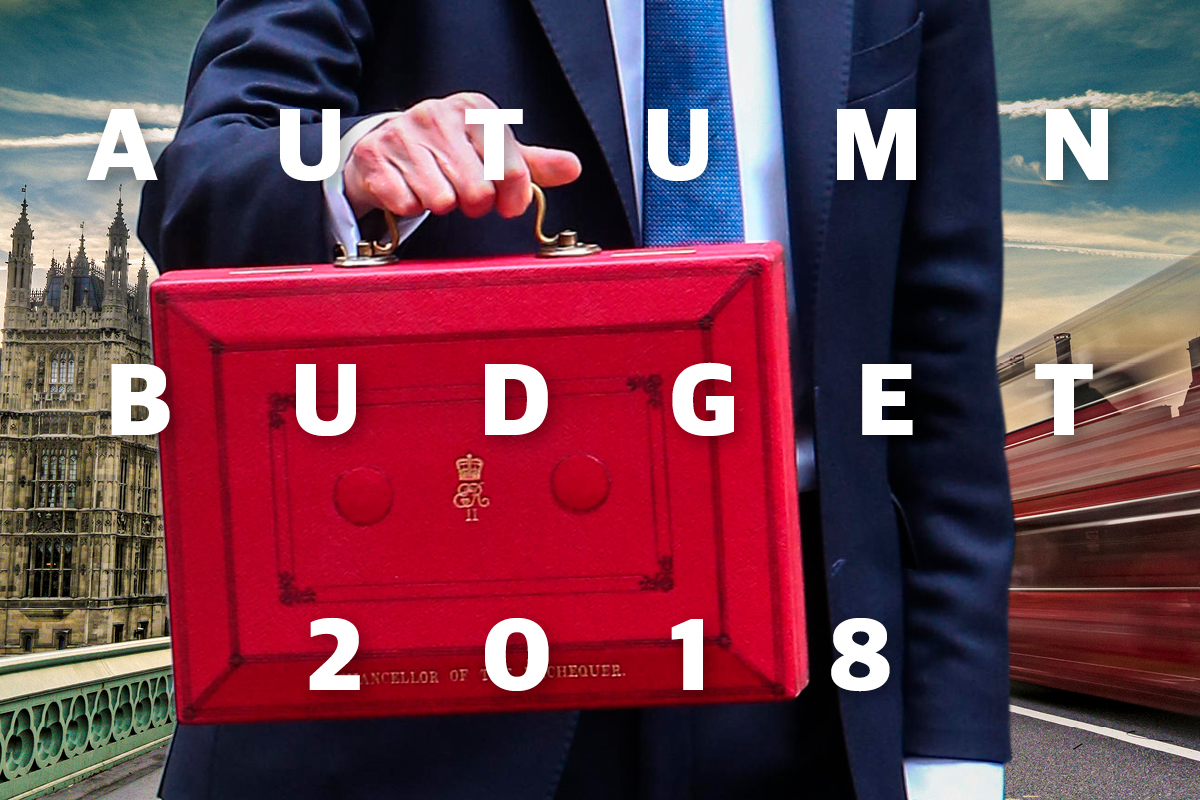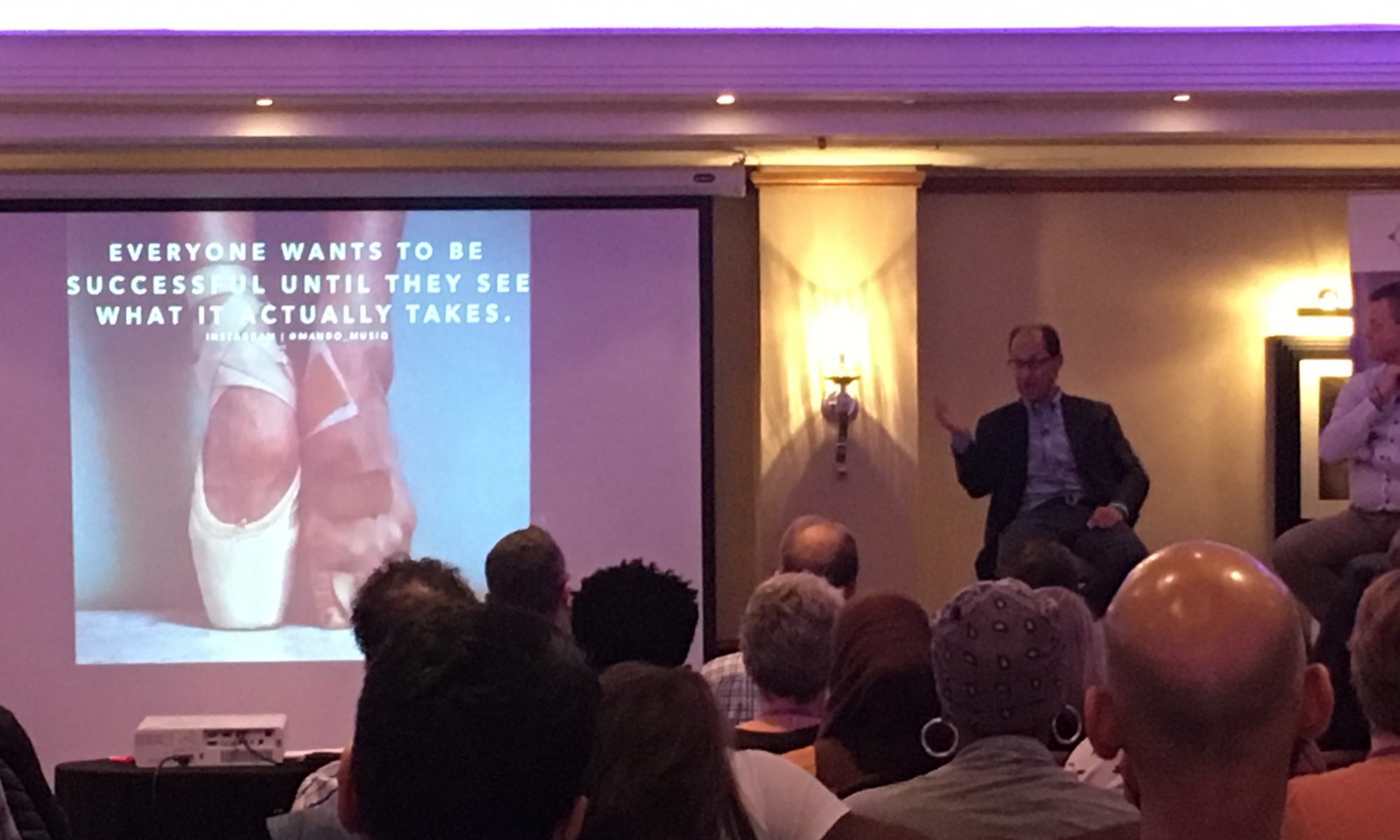Last week I shared my notes and lessons from a humble multi-millionaire I’d had the privilege to meet and speak to. That proved to be one of the most popular posts I’ve shared. Lessons #2 and #3 from him were about learning to frame your argument better and learning how to sell.
With those lessons still fresh on everyone’s mind who read the post, I thought you’d all appreciate this relevant follow up on the fundamentals of selling.
Whether property investors realise it or not, selling plays an integral part in many more aspects than first meets the eye. The ability to position your case and draw conversations to mutually beneficial conclusions features in nearly every stage of a property deal. For example, many people in these communities are getting involved in rent-to-rent for serviced accommodation. In this situation, you will be selling from beginning to end, from securing a property with a landlord or agent, to various aspects of setting up your operational power team (you’ll be selling the benefits of working with you), and of course the ongoing activity of building up your direct booking revenue.
Recently I listened to an interview with top sales trainer and author of High Trust Selling, Todd Duncan. That interview really got me thinking about the relevant take-aways for property people and I felt compelled to share some of the key insights.
So, to help you learn something new or remind you of something you knew but can now use, I’ve captured the fundamentals of selling and summarised the 7 habits as they relate to property investors.
Lets start with the fundamentals
Todd Duncan opened the interview looking at what changes have affected the way businesses sell over the years, in particular he cited changes in technology and social media. One thing however that definitely has not changed are the fundamentals of selling.
The fundamentals of selling that Duncan refers to are as follows:
- Acquiring customers strategically
- Optimising that customer’s experience
- Retaining that customer
- Cultivating the relationship with that customer
- Multiplying the repeat and referral business from that customer
With the backdrop of these fundamentals laid out, Duncan then went on to tell us about how ‘successful sales outcomes originate from great habits’.
What are the habits that successful salespeople deploy daily that can accelerate anyone’s sales success…including property investors?
Duncan preaches that “If you want to make more money, you have to do more of what makes money.” Here I’ll outline the key habits he touched on and then take a quick look at how each pertains to the Property Investor.
1. Successful sales people sell most of the day. So if you want to increase sales, move the needle on how much time is spent selling.
OK, whilst these habits were discussed with the pure sales person in mind, what can still be transferred to the realm of property? Unless you have a pure business development role, you certainly would not expect to be selling to prospective clients for most of your day. That said, this first habit might challenge you to re-assess how you are spending each day and ensure that an appropriate amount of time is focused on the 5 fundamentals listed above. If you are buying property with JV finance it might relate to your activity around creating and nurturing those investor relationships. If you are a deal sourcer it will relate to more market making activity ie finding the deals and of course the buyers. You get the idea.
2. Top sales people do not do non-income producing things- they automate and delegate them to free up time to sell.
Clearly the essence of this habit is highly transferable to any profession. You could say that every task in the investment process is directly or indirectly producing income, and that’s fair. But what are the lower leverage tasks that you could delegate/outsource, and by doing so it would free up more of your time to action more direct income producing tasks? We all have the same 24 hours per day. Ask yourself, what could I do more of that would have higher return on time if I freed up just 1 additional hour per day? Then look at what activities could be delegated, outsourced, or even deleted.
3. Top sales people have tamed and managed technology, they don’t let emails interrupt them, don’t take general interruptions, and don’t schedule meetings that aren’t productive. (A study reported unproductive meetings cost US business $60bn a year in lost revenue).
This habit really hones in on the discipline piece. It can be very tempting for a property investor to go down an internet rabbit hole when researching property for sale and/or rent. That’s before all of your social media alerts pop up on your screens vying for your attention. Be disciplined to block out focus hours during the day where email, phones and social media are turned off so you can move the ball forward on important projects. Distractions and multitasking are major productivity killers. In fact, I read that multitasking can reduce the ability of a Harvard MBA to that of an 8-year-old!
4. Don’t do business with people who are high maintenance or whom you don’t like. Life is too short to do business with people you don’t like, deselect them in advance.
I know this habit is often overlooked by many an investor and SA operator, and to their own detriment. Saying yes to partnerships, clients, deals etc we know we shouldn’t have is a painful mistake. I’ve experienced it first hand as well as heard numerous stories from experienced investors about accepting JV investment or direct client bookings that they really shouldn’t have. In excitement of the moment it can be very challenging to say no to potential funds or to a nice direct SA booking. It’s a difficult juggling act but one that will pay off significantly both in terms of your sanity and your bottom line results.
5. Huge effort is placed on taking care of clients who already love them- successful salespeople invest significant time in nurturing retention and cultivation.
This is such a valuable point and indeed an area of common weakness across many industries. In fact, Todd Duncan points out that many in the sales profession make the mistake of spending too much time on trying to acquire new business alone and not enough on optimising the customer’s experience, which is what opens the gateway to retention, repeat and referral business. Ask yourself if you are you regularly making time to nurture relationships with great clients, or do they only hear from you in the context of asking for further investment or booking business? Think about what you can do more regularly that will strengthen the relationship with clients, JV partners and other key recipients of your deals/services/property. Quite often it will take less time and effort than you think, but it’s the quality and consistency that will pay off.
6. Following up is a big differentiator between average and great.
On a personal level, the idea of following up could mean simply returning a friend’s phone call, but from a business standpoint, follow-up means so much more. It’s a powerful, yet often overlooked tool, that can literally make or break business deals. The SA Operator or developer who is actively direct marketing or the developer who is progressing a site development deal will typically have multiple follow ups across different areas in order to keep their business/project moving. Then you have responses from internal team members or suppliers to consider. And what about your own invoices for services delivered or accommodation booked directly- those invoices need paid on time for your own business cash flow.
Any top performer knows that their game cannot be won without a disciplined and formulaic approach to follow-up.
Duncan reminds us that ‘The successful salesperson continues with follow-ups long after the amateurs have bowed out.’
7. Learn and practice, learn and practice.
This is a great point to finish on and it’s something that is best adopted as a true habit, rather than given haphazard attention. What’s interesting is that if you read the profiles of wildly successful people, these are usually the men and women who proactively embrace continuous learning, compared to those in the middle of their field who may not feel the need to learn and practice after reaching a certain level. Never let complacency set in.
Continuous learning is an intentional practice that top performers commit to so they can expand their skill set and stay at the top of their game in a changing environment. For a property investor the environment is changing and developing all the time and as such it’s crucial to stay educated and proactive for the longevity of your business and your bank account. Just look at legislation like section 24 and the recent HMO changes in England, changes that will prove costly for those be adjusting proactively.
Do jump and share some of the key habits you action each day in order to be a top performer?




